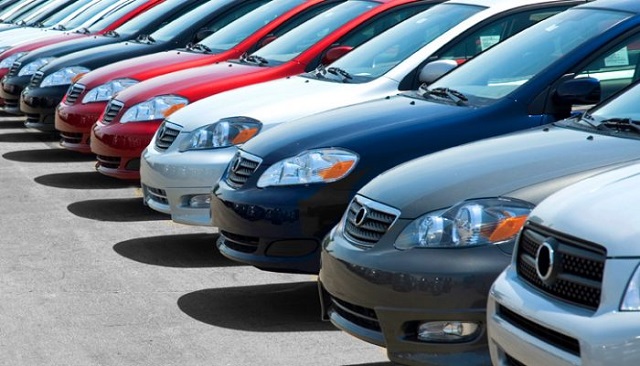The Sunday News

LOCAL-BASED farm implements maker Mealie Brand has pulled out of the East African market after succumbing to competition from products brought from the Far East, an official has said.
Addressing business delegates on Thursday during the ZimTrade chairman’s breakfast meeting in Bulawayo, Mealie Brand managing director Mr Walter Chigwada said they had decided to stop exporting to East Africa after facing viability constraints.
“We used to export to East Africa but because of the Chinese competition we pulled back to regroup. We still want to go back to that market. I think we need to find out how best we can penetrate that market again,” said Mr Chigwada.
He said they were, however, still active in the sub Sahara export market where they were exporting mainly to Angola.
“Our major export destination market is Angola which is our number one market in the last few years. We developed that market through the help of ZimTrade,” said Mr Chigwada adding they penetrated that market in 2006.
“Last year we sold about 15 000 ploughs and this year we are targeting to sell about 25 000 ploughs to the Angolan market,” said Mr Chigwada.
He also said the company’s markets were traditionally Zambia, Namibia and South Africa.
“There are also emerging markets that we are targeting namely South Sudan and it’s very promising.”
He bemoaned that some suppliers from the Far East were not producing standard goods, a situation which was pushing them out of business.
“When you are exporting to the European Union (EU), there are standards that have to be followed like the phytosanitary standards but in Africa usually those things are not there. While we try to maintain those standards here in Zimbabwe our competitors do not maintain the required standards and this affects us in terms of the cost build-up when you are producing those products,” he said.
He complained that there were companies that were copying and reproducing their brand.
“The brand that we sell is called Mealie Brand and it’s well known all over Africa. Brand infringement has been our major challenge, some people just come and copy our brand. We like competition but we like fair competition,” he said.
He said there were also some unscrupulous dealers who were bringing spare parts and assembling them before selling the products.
“These people bring spare parts and get two guys to get them together but here I employ about 400 people to run the company and that is a challenge that we are also facing,” he said.
Mr Chigwada also said the closure of Zimbabwe Iron and Steel Company (Zisco) was affecting their operations as they incurred a lot of transport costs when bringing the steel into the country.
“In our factory we used to use 4 000 tonnes of steel every year and we used to get that from Ziscosteel and now we are getting it from South Africa and China. When it comes, we value add it but when we try again to export it to South Africa, it becomes uncompetitive because of the transport costs incurred during the importation of raw materials,” he said.
The Mealie Brand official also said many regulatory authorities were making their products uncompetitive.
“The other problem is that we are over regulated by our authorities. We have Environmental Management Agency, Zimbabwe National Water Authority (Zinwa), National Social Security Authority (NSSA) and local authorities coming to our factories. For example we have NSSA inspecting our factory then we have the City of Bulawayo doing exactly the same thing and at the same time we get charged for that. There are a lot of costs that are building into our production costs and because of that we end up being uncompetitive,” said Mr Chigwada.
However, in an interview with Sunday Business ZimTrade board chairman Mr Lance Jena said all the regulatory authorities had specific roles to play.
“Each specific regulatory authority has a specific role. For example EMA is responsible for discharging of effluence by our operators into our environment in which an exporter and company operates. If we pollute our drinking water system it’s going to affect us because we have to purify that water again,” he said.
He, however, said the issue was debatable and needed to be tackled in a holistic manner.
“It’s a chicken and egg situation. The regulation has to remain, I believe, but the question is how much. I know one organisation that paid $1,5 million to EMA for polluting the water system in Harare. So it’s a matter of the quantum to be paid,” said Mr Jena.



